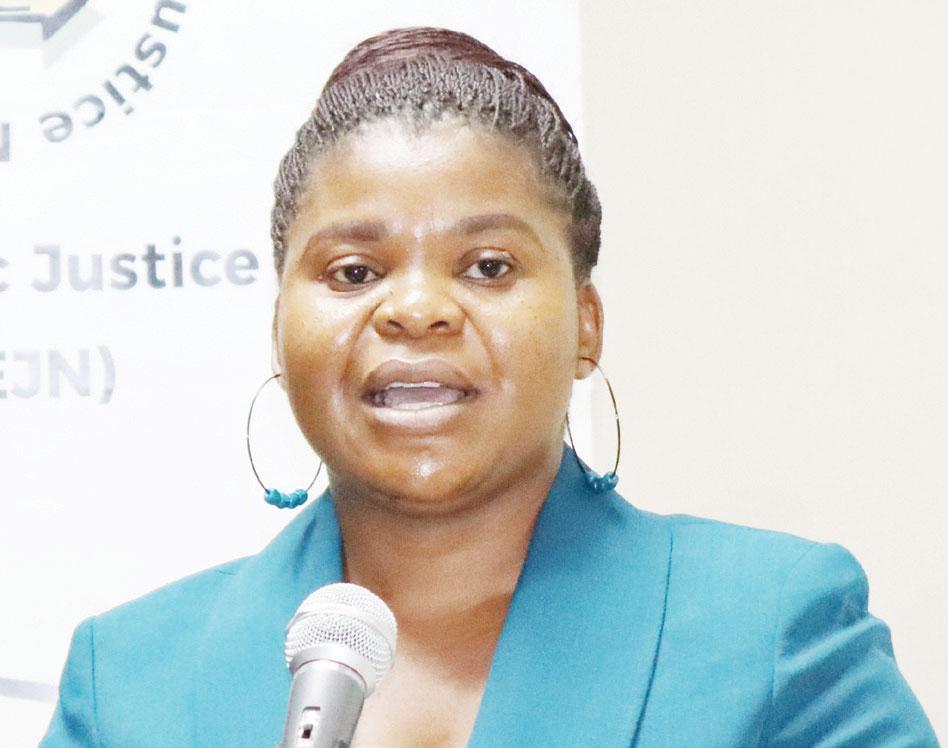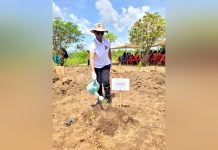Africa-Press – Malawi. Associate professor of economics at the Malawi University of Business and Applied Sciences Betchani Tchereni has reiterated the need for Malawi to broaden the tax base and make significant investments in mega farms and cannabis production to help heal the local economy.
Tchereni was speaking on Wednesday in Blantyre during a panel discussion on public debt organised by the Malawi Economic Justice Network (MEJN). He said the limited tax base and growing demand for public services, attributable to the rise in the population, have led to a rapidly growing government fiscal deficit.
Tchereni described continued reliance on the International Monetary Fund (IMF) as fiscal waterboarding, stressing the rise in public debt is an indication that Malawi needs to rethink and create better domestic resource mobilisation by the public sector in order to reduce the public debt and meet its obligation of supplying public goods.
“We went into austerity measures and we have been asking, from the austerity measures are we making any savings? From those savings maybe we can use some of those to go into some of these investment projects because we have to be an investing nation,” Tchereni said.
MEJN Executive Director Bertha Phiri said the debt management in the government was far from impressive and they are geared to work with other stakeholders to address the challenge.
“We must task people that matter, especially parliamentarians in various committees, the media and all stakeholders to investigate what we have been borrowing for and how much has been invested to justify the interest we are paying on such loans based on the result we got,” Phiri said.
According to the World Bank, between 2009 and 2017, the government debt as a percentage of GDP has grown from 29.27 percent to 55.15 percent, leading to an 88 percent increase in government deficit. Currently, the debt to GDP ratio stands at 63 percent.
For More News And Analysis About Malawi Follow Africa-Press






